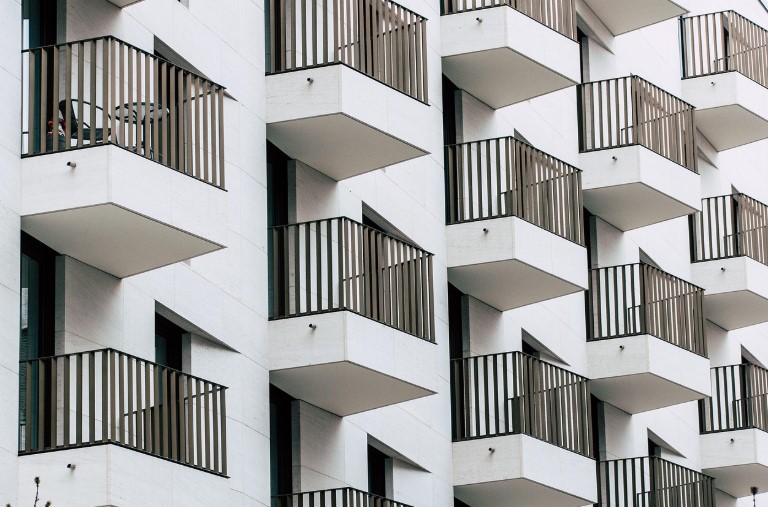
In a landmark first for Australia, the City of Melbourne, in partnership with Unison Housing and Cohealth, has successfully converted a former council-owned building at 602 Little Bourke Street into a transformative, six-storey supportive housing complex known as Make Room.
This innovative project repurposes a long-vacant office building into 50 studio apartments, specially designed to assist people experiencing or at risk of homelessness—and is already being hailed as a template for compassionate urban reuse.
From Vacancy to Vitality: What Make Room Offers
In a $24.9 million refurbishment led by Harris HMC and i2C Architects, the once-derelict structure was transformed into a vibrant complex offering more than just shelter. Each tenant receives:
A special Phoenix Floor of 10 apartments is set aside exclusively for women who’ve experienced domestic or sexual violence. Further space is allocated thoughtfully for LGBTQI+ and non-binary residents.
Why Make Room Is Unique
What sets this project apart is its intentional design and service model. Created collaboratively with people who have lived experience of homelessness, it centers resident dignity and community safety in every detail.
It’s the first adaptive reuse of a council asset in Australia dedicated to homelessness relief. The concept merges housing-first principles with urban regeneration—and stands to influence similar efforts across the nation.
Victoria’s Housing Minister Harriet Shing affirmed that Make Room represents a major leap forward in helping people transition from rough sleeping into more stable living arrangements.
A Collaborative Triumph
This is a genuine public–private philanthropic initiative. Funding includes:
Uniquely, residents will stay for up to 12 months—or longer if needed—and receive tailored support to transition to long-term housing solutions.
Award-Winning Impact
Hardly surprising—Make Room earned top recognition at the 2024 Victorian Apartment Awards, sweeping categories such as Heritage, Community Culture, Civic Leadership, and Pioneering Design, along with the coveted Judges Award. The judges praised its leadership in social housing innovation.
As an influential demonstration of how redevelopment can serve vulnerable citizens and the broader community, this project continues to set benchmarks.
What It Means on the Ground
For residents, Make Room offers security and a platform to plan for their future. Access to health services, job support, and legal advice all under one roof creates a cohesive ecosystem geared toward stabilisation—not just temporary shelter.
Teo, a participant in a parallel supportive housing program in Melbourne’s inner north, described the experience as “like a gift from God,” citing the first time sleeping inside one’s own front door as transformative.
Broader Context: A Growing Need in Melbourne
Melbourne faces a deepening housing crisis. In this context, Make Room and similar initiatives represent essential strategies aimed at preventing escalation into chronic homelessness.
Supportive-housing frameworks—including the Elizabeth Street Common Ground and HousingFirst projects dedicated to older Australians—are expanding, offering models that put resident well-being at the core.
Sacred Heart Mission and Wintringham are also active contributors, offering aged care and vulnerable-persons housing frameworks in Victorian communities.
Paths Forward: What’s Next?
As Melbourne charts paths to reduce homelessness sustainably, Make Room stands as a replicable prototype:
The Make Room artist installations designed by Aboriginal creatives—such as a saltwater mural and night-sky motifs—reinforce the project’s cultural inclusivity.
Final Thoughts
Make Room is more than a building—it’s a manifestation of dignity, support, and innovative civic collaboration. In the heart of Melbourne, it offers not just a roof but a pathway toward recovery, stability, and renewed agency for people experiencing homelessness.
By showing what’s possible when architecture, social justice, and public will converge, Make Room signals hope—for an Australia where everyone has a safe place to live and the tools to heal. For those visiting or supporting initiatives like Make Room—whether professionals, volunteers, or families—serviced apartments in Melbourne, such as those offered by Corporate Keys, provide convenient, fully furnished accommodation that combines comfort with accessibility, especially for extended stays near the city’s key health and support services.